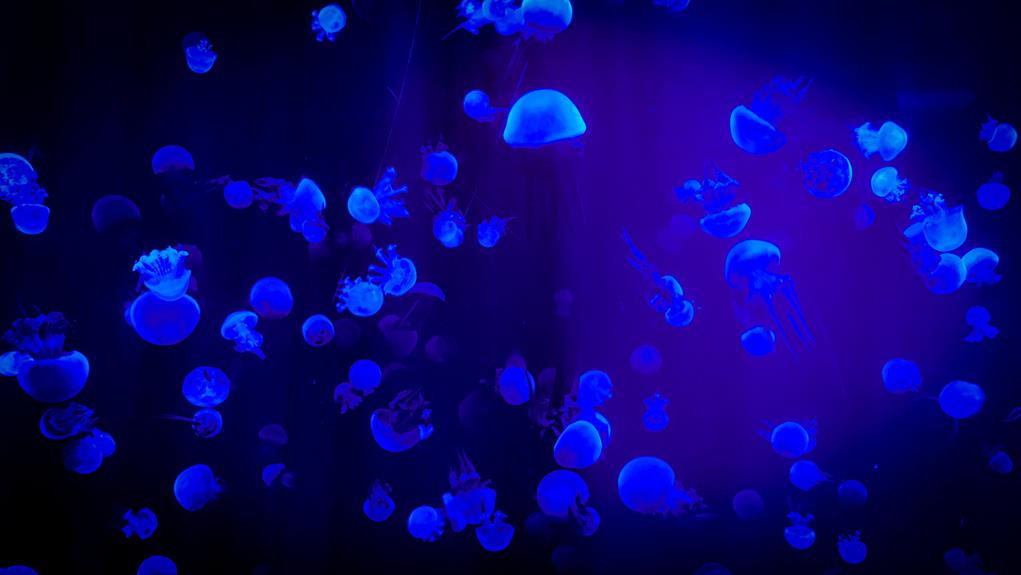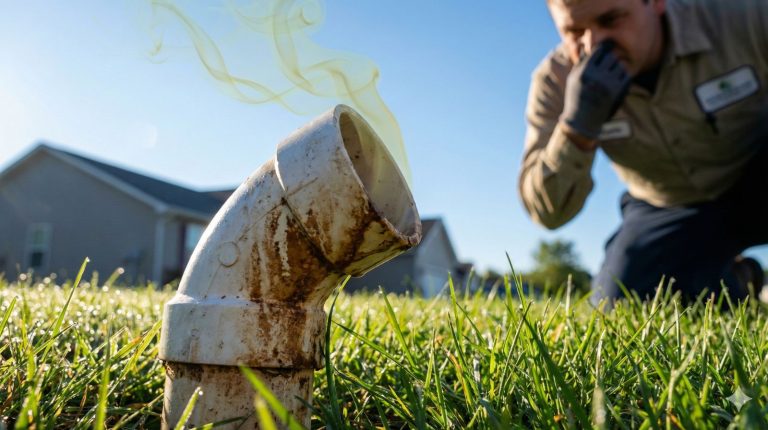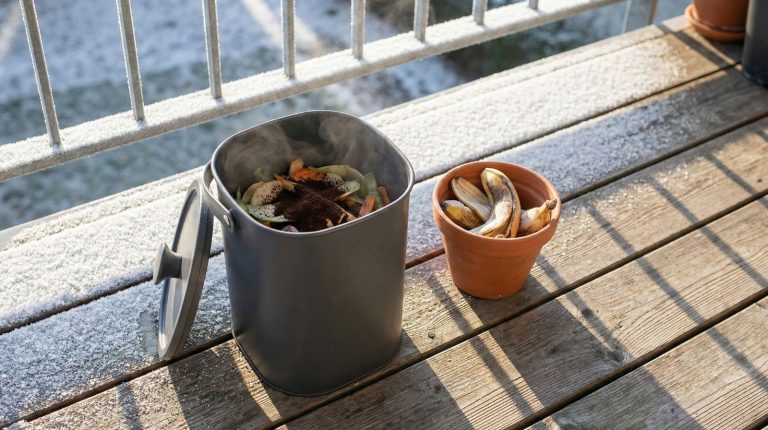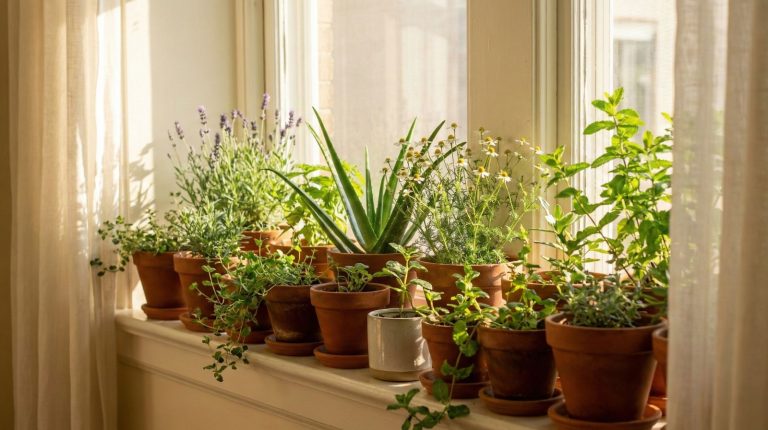In our quest for sustainable living, we have embraced the wise saying, ‘Every drop counts.’ Mastering water conservation is not just about saving water, but also about belonging to a community that prioritizes the preservation of our precious resources.
By actively participating in water-saving practices, we can make a significant impact on our environment. Together, we turn off the tap when it’s not needed, soak dishes before washing, run full loads of laundry and dishes, and reduce our shower time. We invest in energy-efficient, water-saving devices and fix any plumbing leaks.
We are mindful of our sprinklers and gardening hose, using drip irrigation and reusing water for our landscape gardens. Through these actions, we contribute to a sustainable future and foster a sense of belonging within our community.
Importance of Water Conservation
Water conservation is crucial for our sustainable living. The importance of water conservation can’t be overstated. With only 0.025% of water safe to drink and a staggering 2.2 billion people lacking access to clean water, it’s imperative that we take action to conserve water.
Poor water management leads to extreme weather events and pollution, further emphasizing the need for conservation efforts. To conserve water, we must adopt simple yet effective strategies. Running full loads in dishwashers and washing machines is essential, as these appliances can use up to 15 and 40 gallons of water, respectively. Additionally, installing low-flow showerheads, faucets, and taps, as well as choosing energy-efficient appliances, significantly contribute to water conservation.
We can also make use of rainwater harvesting systems to collect and reuse water for various purposes. By conserving water, we’re taking a vital step towards sustainable living.
Understanding Water Waste
To truly master water conservation for sustainable living, we must understand the root causes of water waste. By recognizing where water is being wasted, we can take action to reduce our consumption and create a more sustainable future. Here are four key factors contributing to water waste:
- Running water while brushing teeth or shaving: This seemingly harmless habit can waste about 4-5 gallons of water on average. By turning off the tap when not in use, we can conserve a significant amount of water.
- Inefficient dishwashing practices: Scaping dishes under running water can be wasteful. Instead, soaking dishes before washing them can be more effective. Additionally, using dishwashers that consume 10-15 gallons of water per cycle can be improved by running full loads or using efficient dishwasher settings.
- Long showers: Reducing shower time not only saves water but also saves time and money on heater bills. By being mindful of our shower habits, we can make a positive impact on water conservation.
- High-flow showerheads: Installing low-flow showerheads can reduce water pressure and flow while still providing a satisfying shower experience. This simple change can significantly reduce water waste without sacrificing comfort.
Understanding these causes of water waste empowers us to make conscious choices that promote conservation and sustainable living. Let’s take action and be mindful of our water usage for the benefit of our environment and future generations.
Key Methods for Water Conservation
Let’s explore effective strategies to conserve water and promote sustainable living.
Water conservation is crucial for maintaining a sustainable future. There are several key methods that can be implemented to achieve this goal.
Firstly, simple actions like turning off the tap while brushing teeth or shaving can save around 4-5 gallons of water. Additionally, soaking dishes in warm water instead of rinsing them under running water can save both water and effort.
Running the dishwasher and laundry only when they’re full can save up to 10-15 gallons of water per cycle, and using energy-efficient, water-saving devices like low-flow showerheads and Ultra-low flush (ULF) toilets can further conserve water.
Furthermore, incorporating drip irrigation for plants, reusing water for landscaping, and being mindful of sprinklers and garden hoses can all contribute to water conservation efforts.
Protecting Local Water Supplies
One way we can contribute to protecting local water supplies is by practicing responsible usage and conservation methods. By doing so, we can ensure the sustainable management of our water resources, in line with the goals of the United Nations Sustainable Development agenda.
Here are some actions we can take:
- Implement efficient water management systems in our homes and businesses to minimize water wastage.
- Support local initiatives and policies that promote water conservation and protection.
- Encourage the use of water-saving technologies, such as low-flow showerheads and dual-flush toilets.
- Educate ourselves and others about the importance of water conservation and the impact of our daily activities on local water supplies.
The Significance of Water Conservation
Water conservation plays a crucial role in sustainable living by ensuring the responsible management and preservation of our limited water resources. It’s essential to save water and reduce water consumption to meet the needs of the growing population and protect our environment.
With only 0.025% of water safe to drink, it’s imperative that we take action to conserve and protect this precious resource. By implementing water conservation practices, such as using energy-efficient, water-saving devices like low-flow showerheads and ULF toilets, we can make a significant impact on reducing water wastage.
Poor water management leads to extreme weather events, emphasizing the importance of sustainable water practices. Organizations like Santander recognize the significance of responsible water management and are actively promoting water conservation.
Together, we can make a difference and ensure a sustainable future for all.
Conclusion
In conclusion, by implementing various water conservation practices such as turning off the tap, using water-saving devices, fixing leaks, and reusing water, we can contribute to the preservation of water resources and promote sustainable living.
It’s essential for individuals to understand the importance of water conservation and take action to protect our local water supplies.
Together, we can make a difference and ensure a sustainable future for generations to come.




